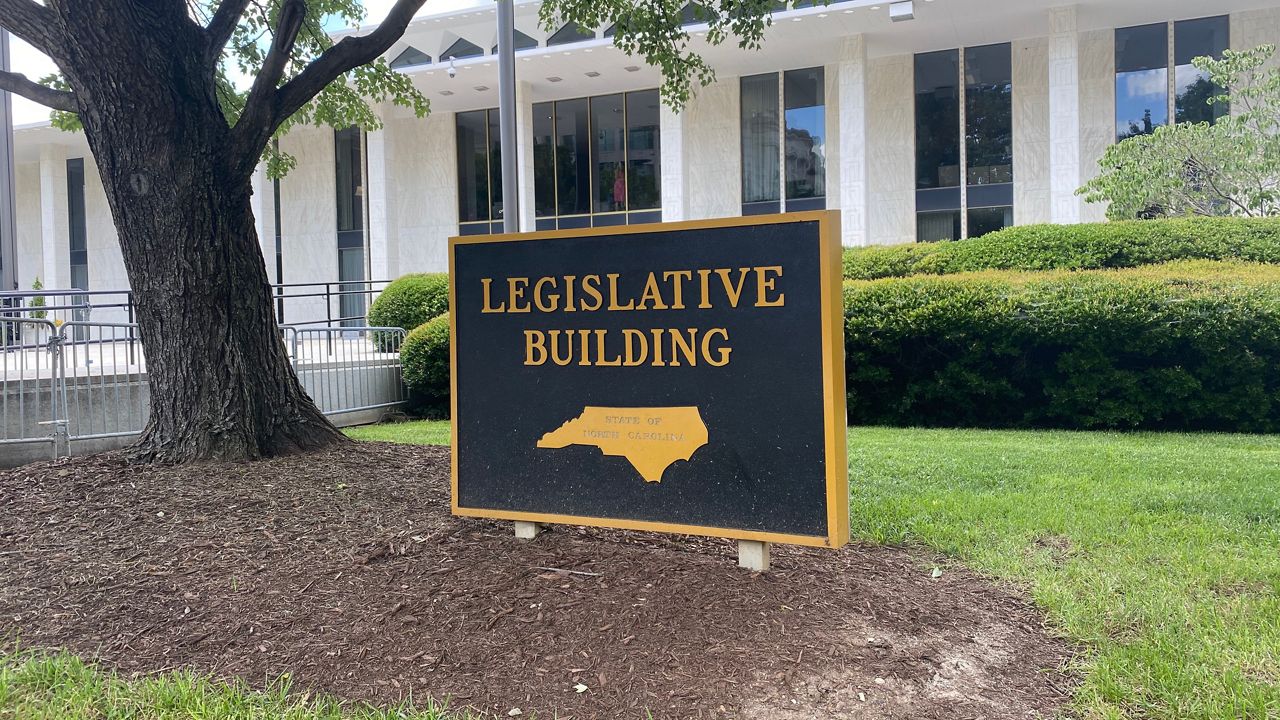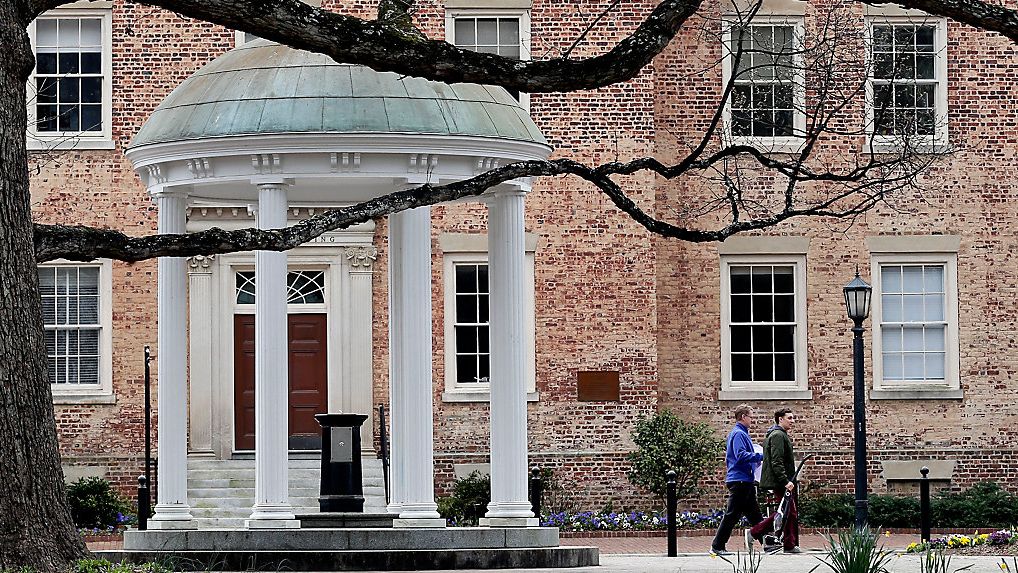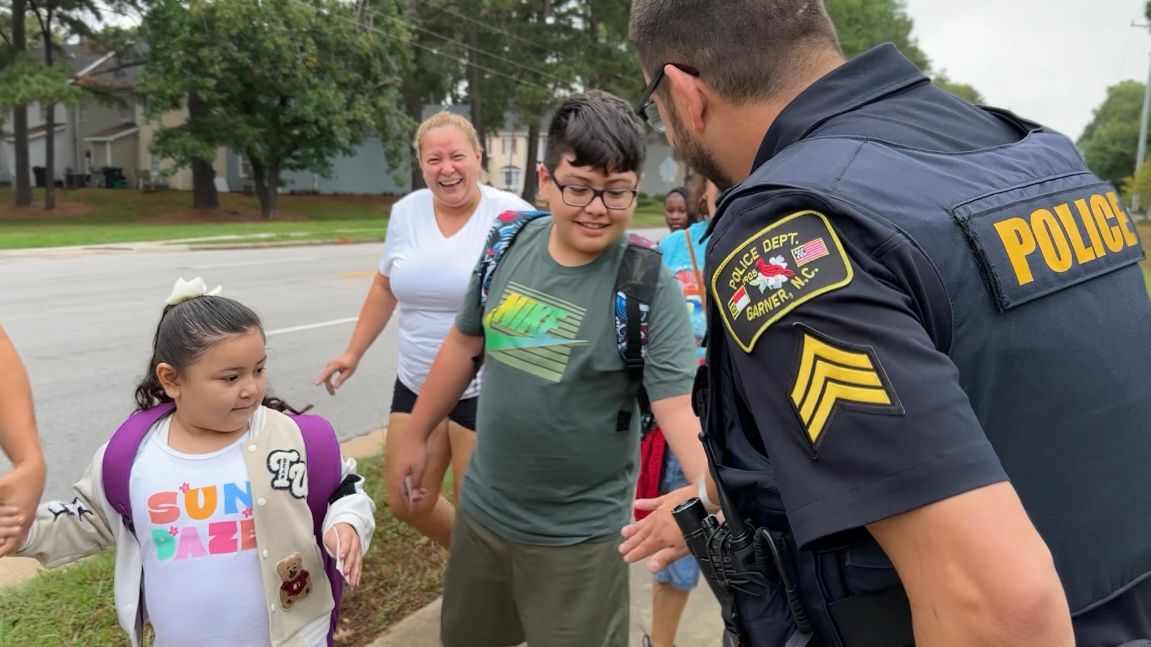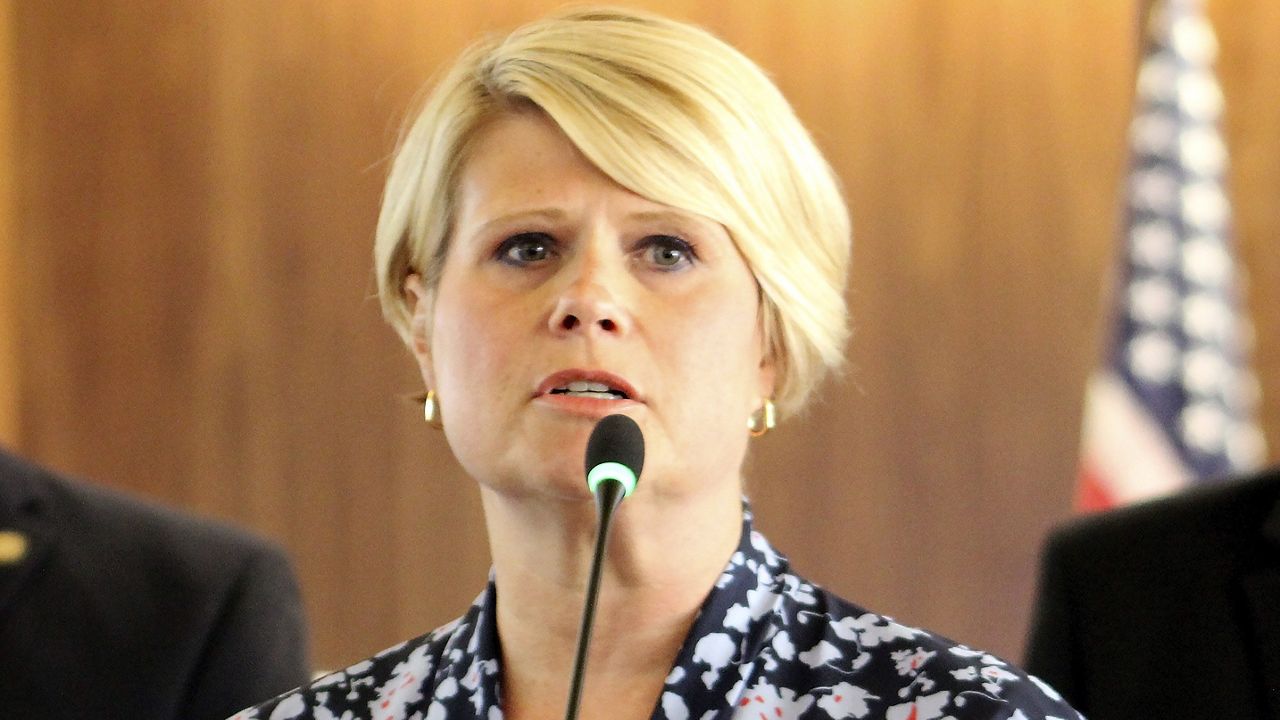All 116 local school boards in North Carolina are working to pass new rules to comply with the Parents’ Bill of Rights by the end of the year.
The new North Carolina law has drawn comparisons to Florida’s “don’t say gay” bill. It makes it illegal to talk to students about sexuality and gender identity in kindergarten through fourth grade. The law also requires schools to tell parents if a student changes their pronouns.
The new state law passed on a party-line vote in August to override the governor’s veto. School boards across the state have been debating and passing their own rules to fit the new law.
The law requires what it calls, “Age-appropriate instruction for grades kindergarten through fourth grade.”
That means teachers “or third parties” cannot teach about “gender identity, sexual activity, or sexuality” to most elementary school students. The language in the law states that the topics can’t be “included in the curriculum.”
“For the purposes of this section, curriculum includes the standard course of study and support materials, locally developed curriculum, supplemental instruction, and textbooks and other supplementary materials,” the law states.
But it specifically notes that the ban on talking about gender and sexuality “does not include responses to student-initiated questions.”
One of the more controversial parts of the bill comes in one sentence on Page 7 of Senate Bill 49: “Prior to any changes in the name or pronoun used for a student in school records or by school personnel, notice to the parent of the change.”
This means that if a student tells a teacher they prefer to be referred to by a different pronoun, the school is required to tell that student’s parents.
The new law specifies that parents can see what books their child has taken out from the school library. The process varies by school district.
In Wake County, school officials have a process for parents to look up what books a student currently has checked out through an online system. Parents can also ask the school libraries for a list of all books their child has checked out in the past 12 months.
For parents in other school districts, they may need to contact their school directly with the request or check with administrators.
The law outlines 12 rights for parents, which school boards have had to make some policy changes to comply with. Many of these rights are not new, but are spelled out again in the new law.
This list from the Chapel Hill-Carrboro City Schools district mirrors what other districts are sharing about what’s in the law:
- The right to consent or withhold consent for participation in reproductive health and safety education programs
- The right to seek a medical or religious exemption from immunization requirements
- The right to review statewide standardized assessment results as part of the State report card
- The right to request an evaluation of their child for an academically or intellectually gifted program, or for identification as a child with a disability
- The right to inspect and purchase public school unit textbooks and other supplementary instructional materials
- The right to access information relating to the unit's policies for promotion or retention, including high school graduation requirements
- The right to receive student report cards on a regular basis that clearly depict and grade the student's academic performance in each class or course, the student's conduct, and the student's attendance
- The right to access information relating to the State public education system, State standards, report card requirements, attendance requirements, and textbook requirements
- The right to participate in parent-teacher organizations
- The right to opt in to certain data collection for their child
- The right for students to participate in protected student information surveys only with parental consent
- The right to review all available records of materials their child has borrowed from a school library
The bill passed through the legislature this year on party-line votes, with the Republican supermajority voting to override Gov. Roy Cooper’s veto on Aug. 16.
Cooper, a Democrat, criticized the bill when he issued his veto in July.
"Parents are the most essential educators for their children and their involvement must be encouraged, but this bill will scare teachers into silence by injecting fear and uncertainty into classrooms,” Cooper said.
“This ‘Don’t Say Gay’ bill also hampers the important and sometimes lifesaving role of educators as trusted advisers when students have nowhere else to turn. The rights of parents are well established in state law, so instead of burdening schools with their political culture wars, legislators should help them with better teacher pay and more investments in students," the governor said.
But the bill had unanimous support by Republicans in the state legislature.
“Parents are the primary decision makers with respect to their minor children, not their school,” Sen. Amy Galey said in February when the bill first passed the North Carolina Senate.
Galey, a Republican representing Alamance County and part of Randolph County, was one of the primary sponsors on the bill. "The government is not a partner in raising our children."









